Expat Egyptians look forward to first elections
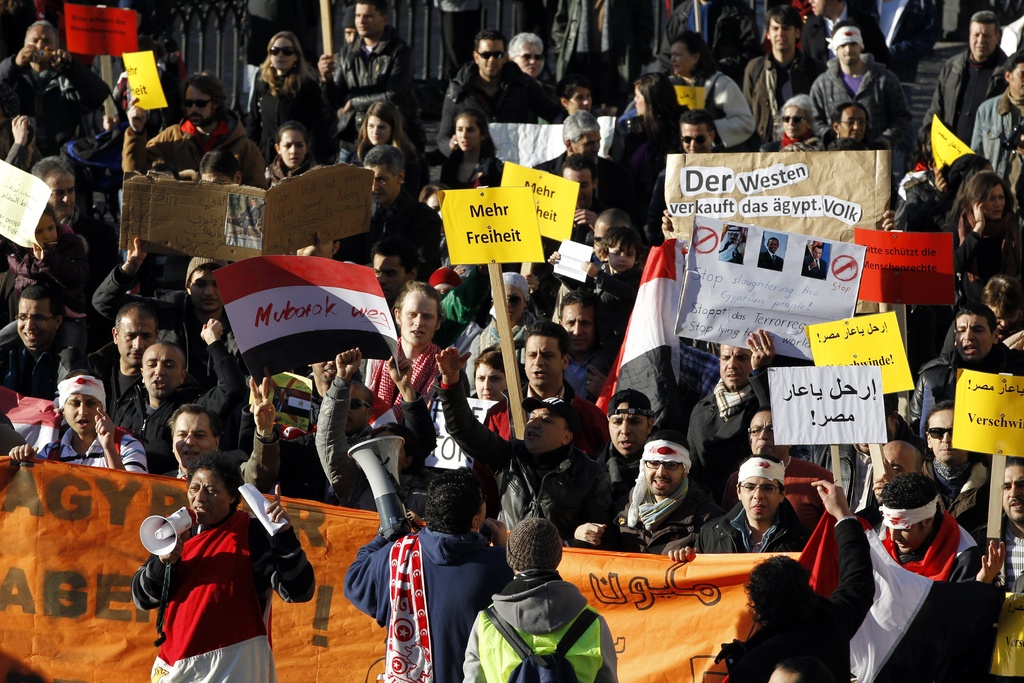
Parliamentary elections take place in Egypt on Monday in a highly charged atmosphere after serious clashes in Cairo and several other cities in recent days.
The People’s Assembly elections in which about 50 million Egyptians, including those living abroad, will cast their vote will be followed by elections to the Shura Council, or upper house. Presidential elections will follow at a date to be set.
The polls come 11 months after the start of the revolution in Egypt which ousted the regime of President Hosni Mubarak.
Frustration over the slowness of the Supreme Council of the Armed Forces to hand over power to a civilian government, its refusal to set a date for presidential elections, and its failure to take action against those who caused the deaths of hundreds of Egyptians during the revolution has triggered renewed clashes in which dozens were killed and around 1,250 injured.
Ahmed Hammudah, a Swiss-based translator with the Bern-based Universal Postal Union, told swissinfo.ch the fresh violence was due to the “prevailing instability and political bickering” caused by political parties seeking to impose their point of view.
According to Hammudah, the protests are a sign of the people’s objection to and resentment at the transitional authorities allowing members of the former regime to stand for election and take part in the vote, something which “could affect the integrity and transparency of the elections”.
Expat participation
Egyptians living in Switzerland warmly welcomed the decision announced recently by the election commission allowing expatriates to participate in the elections for the first time.
Ismail Amin, former professor of philosophy and oriental studies at the University of Zurich, told swissinfo.ch: “This decision has renewed in us a spirit of citizenship and has revived Egypt in us anew. We have felt that we are part of this beloved country.”
This feeling of pride was echoed by Fawzia Al Ashmawi, until recently head of Arabic language and Islamic civilisation at Geneva University.
“This decision is one of the blessings of the January 25 revolution,” she said.
“We do not think that the regime of Hosni Mubarak would have given us this right, because it knew very well that Egyptians living abroad understand well the real meaning of democracy, and that most of them are intellectuals, educated and aware of their rights and know where the interest of their country is. This is why the Mubarak regime was afraid of their influence.”
Fawziya Assaad, an Egyptian writer and novelist living in Geneva, said she was “very happy with this decision, despite the technical difficulties I faced during the registration process at the election commission’s office”.
Difficulties
But the decision to allow Egyptians abroad to cast their vote in the elections came late and those wishing to take part had to overcome obstacles.
A website for voters to register was unable to cope with demand. On November 18 and 19, shortly before the registration deadline, thousands of Egyptians were confronted with a message saying: “Sorry, the site is not available; please wait or try to visit us again in a little while.”
Another complaint was the lack of adequate information about the candidates and lists running in the elections.
“All the focus was on the voting mechanism, but the most important question remains: who will we choose? All candidates depend on local publicity, but we abroad do not know anything about them,” Ashmawi said.
What is more, the decree issued on the participation of Egyptian expatriates in the elections states that the voter must have a national identity card issued before September 27, 2011. The use of passports instead of identity cards is not allowed in the elections.
This procedure is expected to deny many Egyptians the opportunity to cast their ballots. The Egyptian embassy in Bern says it is powerless to do anything because these laws were laid down by the government and the Supreme Council of the Armed Forces.
Preparations
swissinfo.ch went to the Egyptian embassy in Bern to seek clarification about the matter. Diplomat Omar Abd-al-Warith explained that as of November 18 “the mechanism of overseeing the elections abroad had not been clarified”.
“The higher election commission has not determined yet how many days the electoral process will take, whether balloting will be held at the embassy or another place, and whether voters will cast ballots by post or will have to come to the embassy,” added the official.
It also turned out that there are no observers from Egyptian civil society, non-governmental organisations or foreign observers monitoring the process of voting, the sorting of votes, or the signing of the election minutes, something that increases the uncertainty surrounding this process.
Different assessments
Hammudah attributes these shortcomings to the novelty of the democratic experience in Egypt, and because the country had been controlled by the military since 1952. “We cannot expect to see a fully-fledged democratic experience overnight,” he said.
However, Hammudah believes the elections are a step on the road to transferring power to civilians. “These elections give us an opportunity to see who the new faces are that want to rule Egypt through its parliament, and to discern how far the Muslim Brotherhood’s Freedom and Justice Party, the Salafis or the Free Egyptians Party are ready to crystallise democratic practice in Egypt.”
Ashmawi for her part seems cautious and worried about the results. “Many parties were established after the revolution, and have not had enough time to organise themselves…That is why I think that the next parliament will not be the one to realise the dreams of Egyptians or be representative of all Egyptian people.”
Amin shares her view. “The new parties formed recently by young people do not have any possibility to express themselves or to introduce their principles and programmes. Therefore, those who made the revolution will not be present in the parliament.”
Permanent resident total: 2,088
Born abroad: 1,922
Born in Switzerland: 166
There were another 114 non-permanent resident Egyptians.
The Swiss financial market regulator (Finma) announced earlier this month it had moved against four banks which it says have not fulfilled due diligence obligations in relation to dictator’s assets.
Finma said it had conducted an “extraordinary audit” of 20 banks’ dealings with politically exposed persons (Peps) in the wake of decisions by the Swiss government to freeze assets belonging to the former leaders of Egypt, Tunisia and Libya earlier this year.
The subject of Mubarak’s wealth among others has long been a matter of speculation, with many Egyptians believing he and his family own up to $70 billion (SFr68 billion) worth of assets, some of which is allegedly held in secret offshore bank accounts.
(Adapted from Arabic by Muhammad Shokry)

In compliance with the JTI standards
More: SWI swissinfo.ch certified by the Journalism Trust Initiative
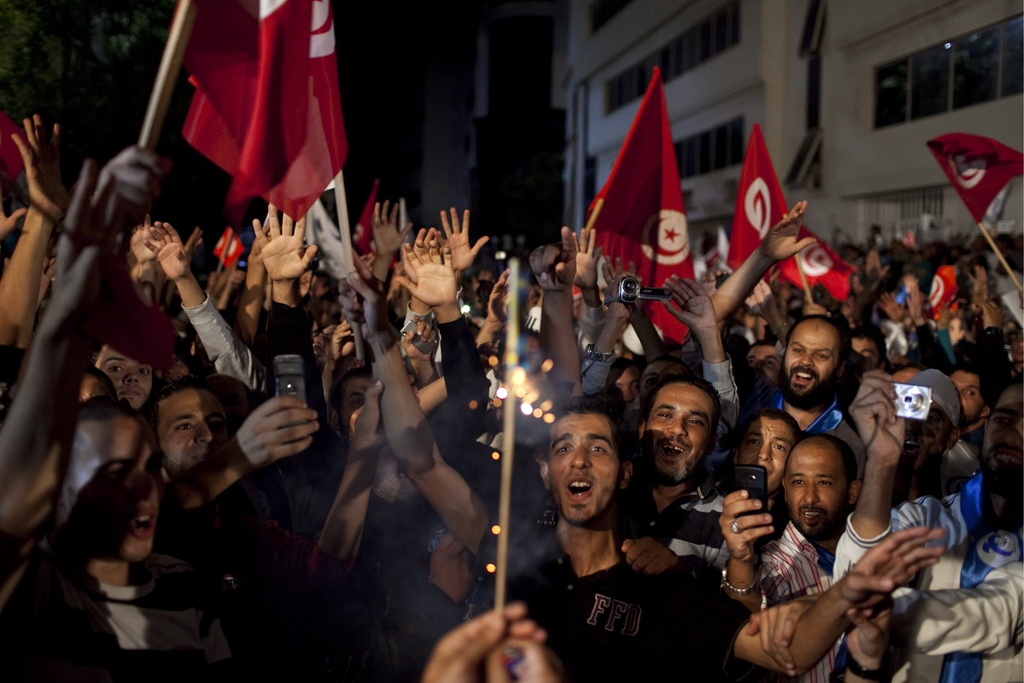
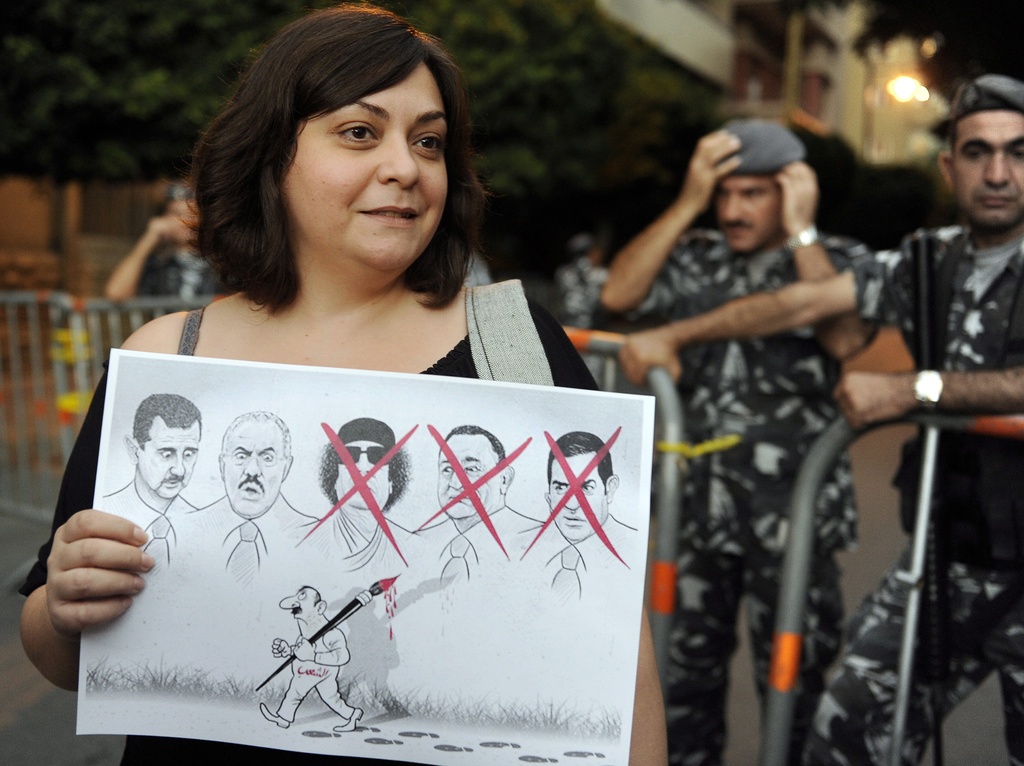
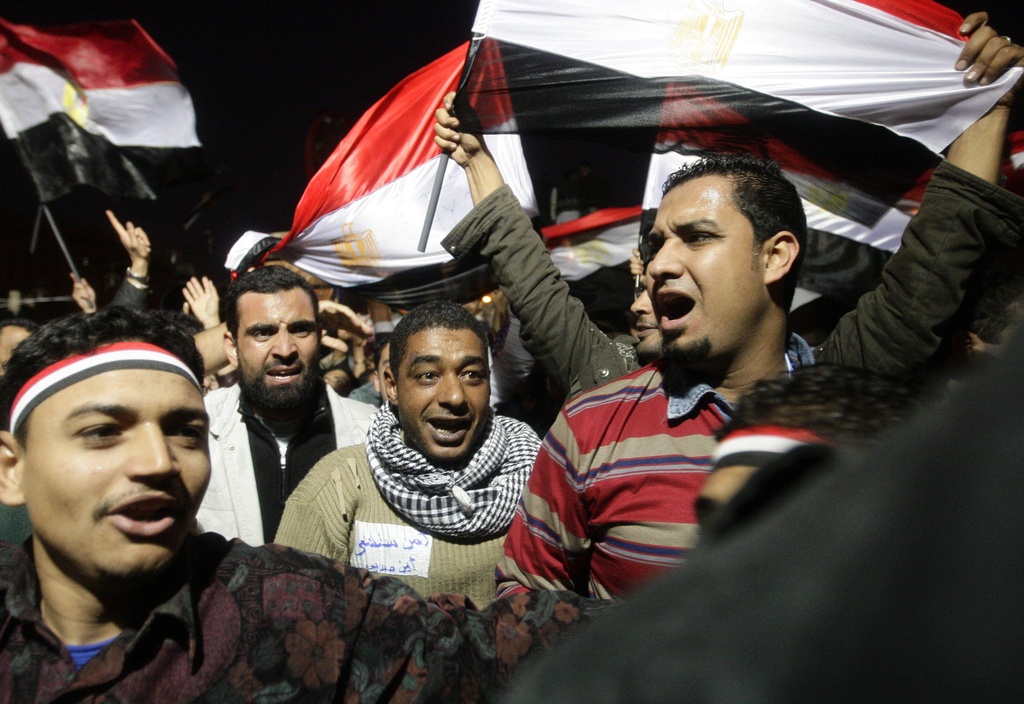
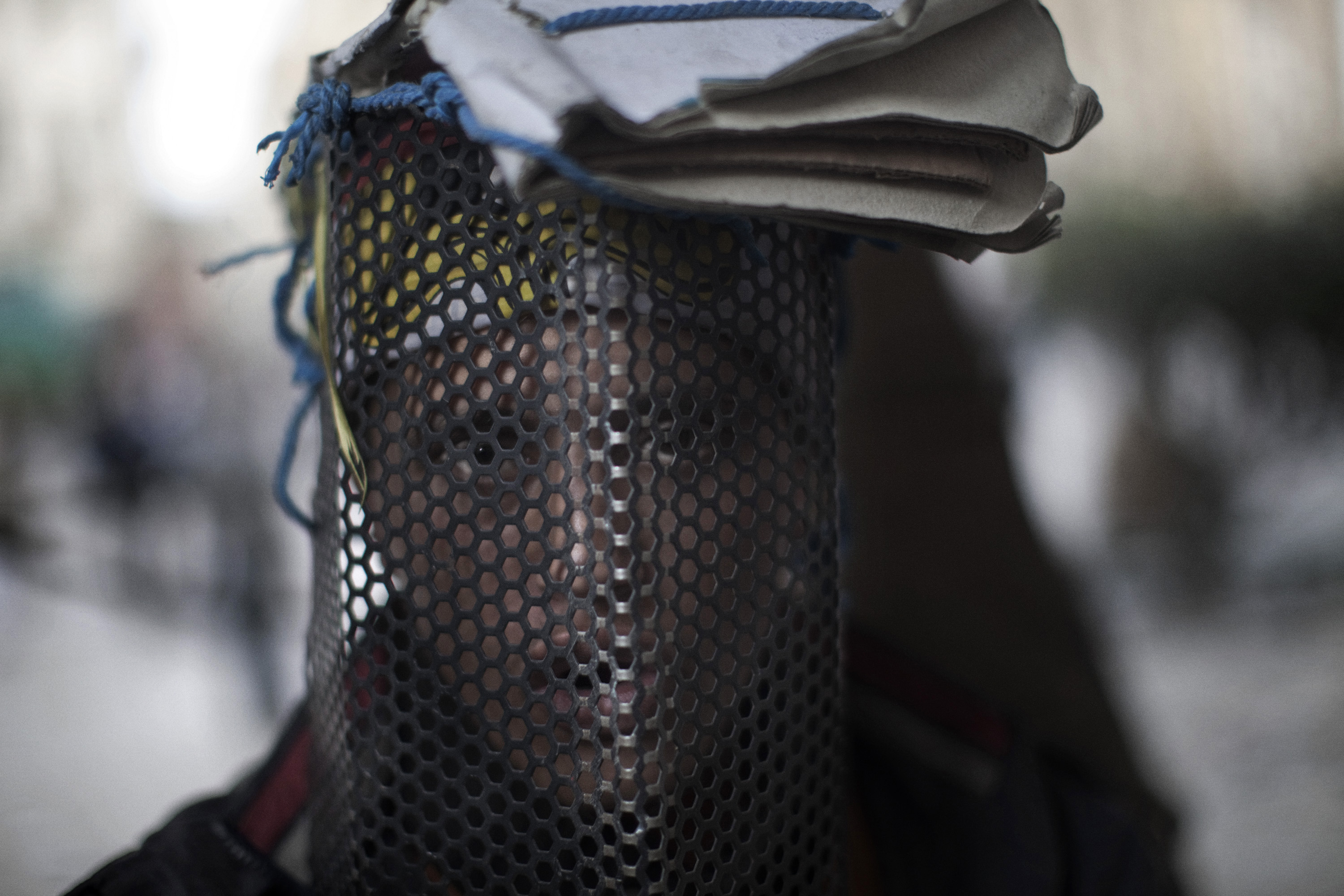
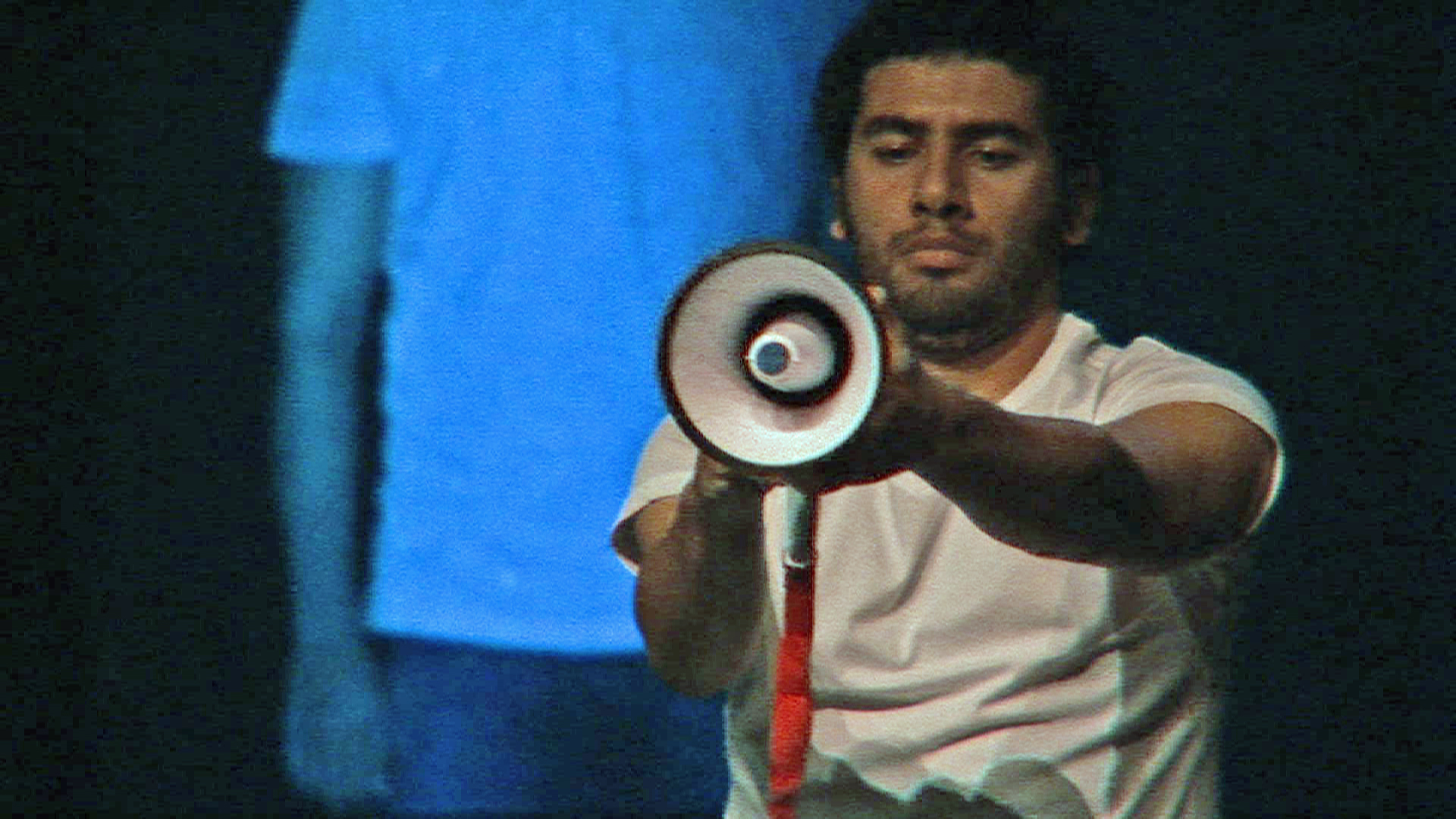
You can find an overview of ongoing debates with our journalists here. Please join us!
If you want to start a conversation about a topic raised in this article or want to report factual errors, email us at english@swissinfo.ch.